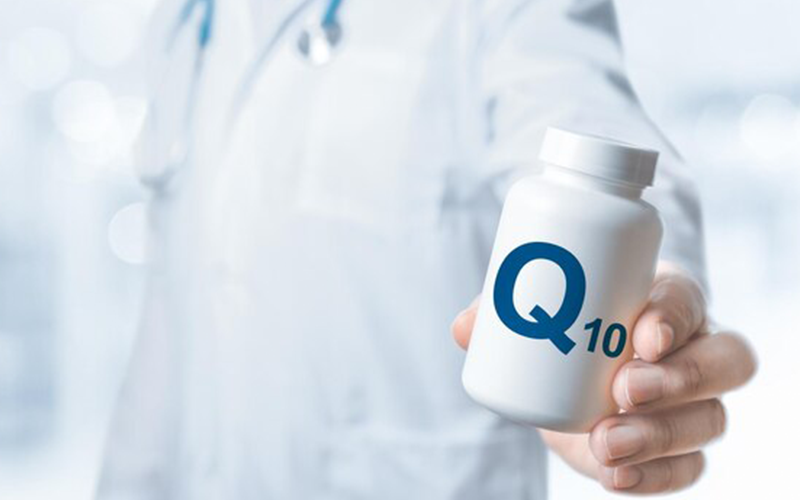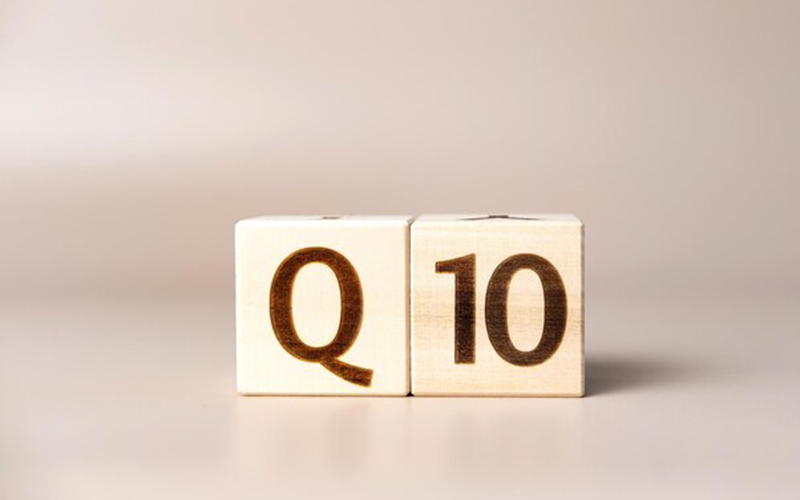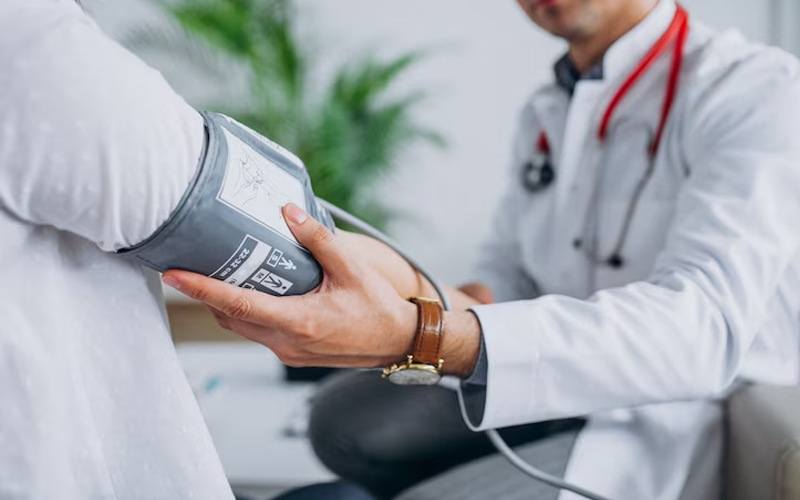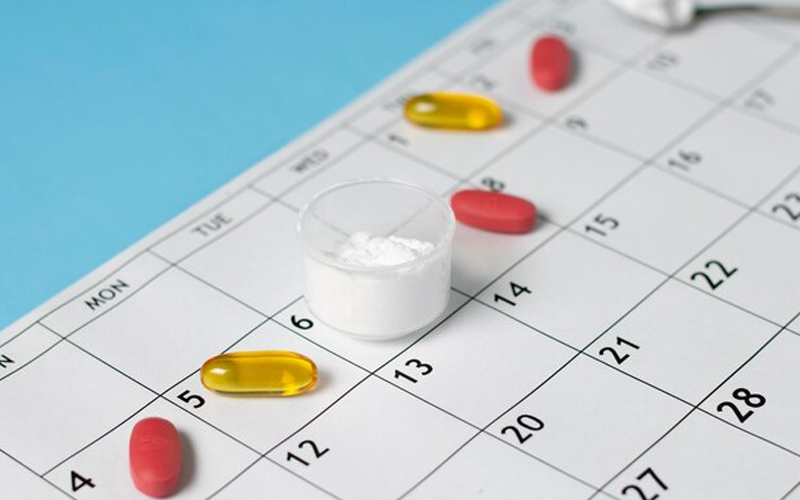Are you seeking the best way to take CoQ10 200mg? Look no further, as this guide provides in-depth insights into maximizing its health advantages. Coenzyme Q10, a vital element in energy production and antioxidant defense, offers significant health improvements when utilized properly. Grasping its absorption process, optimal timing, and how it interacts with other supplements and medications is essential for unlocking its full potential. This guide delves into the critical aspects of CoQ10 200mg: best time to take coq10, usage, including dietary considerations and lifestyle tips, paving the way for enhanced well-being and vitality.
What is the best way to take coq10 200mg?

Coenzyme Q10, more commonly referred to by its acronym CoQ10, is an essential enzyme that aids the body in producing energy while acting as an effective antioxidant to protect cells against damage. Found throughout most tissues - most notably heart and liver cells, blood and muscle tissues - CoQ10 naturally occurs in food sources but many also take CoQ10 supplements for additional support of their health; people taking cholesterol-reducing statin drugs as well as older adults may be particularly able to reap its many advantages.
CoQ10 is an effective antioxidant that assists your body in turning food into energy. You can find CoQ10 naturally in organ meats of animals as well as in fatty fish such as trout, salmon, mackerel and sardines; or take dietary supplements containing CoQ10. Ubiquinol CoQ10 can be more easily absorbed when taken with meals containing fats; however, it may also be taken on an empty stomach.
Best CoQ10 200mg: OPA Heart Health Supplements - CoQ10 200mg
What to avoid when taking CoQ10?

CoQ10 is a fat-soluble antioxidant best absorbed with small amounts of healthy fats such as nuts or avocado, and can be found in meat, fish, nuts and some vegetables; however, most diets only provide small doses. Supplementation should be considered if conditions that require increased CoQ10 intake such as cardiovascular disease, gum disease or fibromyalgia require additional boost.
Studies demonstrate the effects of CoQ10 as an antioxidant to protect cells against free radical damage, improves diabetes management, and helps lower blood pressure among those taking medications for high blood pressure. CoQ10 may also help alleviate fibromyalgia symptoms possibly through improving mitochondrial function.
Prior to taking any supplements containing CoQ10, always speak with your healthcare provider first. CoQ10 may interfere with some medications used for cholesterol reduction such as statins and antihypertensives; and can interfere with cancer chemotherapy drugs, so please check with your oncologist first if being treated for cancer. Furthermore, CoQ10 should be avoided by those suffering from liver disease, kidney problems, taking biliary tract obstruction medication or blood thinners.
Do you take CoQ10 with food?

CoQ10 (ubiquinone) is an antioxidant found in every cell in your body and essential for energy production and mitochondrial functioning. Furthermore, CoQ10 plays an integral role in diabetes treatment as it helps manage blood sugar levels and strengthen insulin resistance.
Although most individuals can get enough CoQ10 from diet alone, research suggests that certain individuals require extra amounts for specific health conditions. Supplementing with CoQ10 may help lower blood pressure, with diabetes symptoms reduce migraine headaches and delay Alzheimer's progression.
CoQ10 dosage should be taken daily with meals to maximize its energizing benefits and reach its potential for maximum effectiveness. Most experts suggest taking it in the morning with breakfast for optimal effects.
As well as taking CoQ10 with food high in fat content such as nuts or avocados, to maximize its absorption by the body. Consulting a healthcare professional on when and how often to take CoQ10 is advised depending on individual circumstances; furthermore they can assess medical history/medication histories to ascertain whether supplementing with CoQ10 would be safe.
Best Food CoQ10: NATURELO Whole Food CoQ10
Can I take CoQ10 with water?

CoQ10 (Coenzyme Q10) is an antioxidative compound present in every cell in your body and plays an essential role in energy production and mitigating oxidative stress. You can find CoQ10 in many foods; however, taking statin drugs depletes CoQ10 levels further while inhibiting production of Vitamin K2, both vital components for optimal heart health.
CoQ10 supplements should be taken daily with meals that contain fat--preferably with meals that include both cholesterol and fat, says Dunham. When selecting a supplement that contains either ubiquinone or ubiquinol forms of CoQ10 (both easily absorbed by the body, though one form may be more bioavailable and active than another), both forms are readily absorbed into your system; but one may be better for absorption.
Check your CoQ10 label carefully to make sure it has been third-party tested, as some supplements do not undergo this rigorous process. Consult a qualified practitioner regarding dosage, timing and overall supplementation according to your unique circumstances and needs.
What medications should not be taken with coq10?

CoQ10 appears to be safe for healthy adults when taken without other medications; however, it's important to work closely with healthcare providers if taking additional medicines so as to monitor for adverse side effects and ensure appropriate use.
Warfarin (Coumadin, Jantoven) may interfere with CoQ10's ability to reduce bleeding risk as they share a similar chemical structure. Furthermore, taking CoQ10 with antacid medications could interfere with their absorption, potentially altering their effectiveness and potentially leading to adverse side effects.
CoQ10 should only be taken under medical guidance if you suffer from thyroid conditions or bipolar disorders as it can have stimulating properties and worsen symptoms in these conditions. Furthermore, before adding CoQ10 supplements while going through cancer treatments it's a good idea to consult your physician first as it may interfere with chemotherapy drugs. When supplementing CoQ10 it's recommended starting slowly and seeking quality-tested brands as this will reduce risks like nausea or indigestion.
Coq10 Dosage Recommendations by Health Condition

CoQ10 is an essential nutrient found naturally in foods like meat, fish and vegetables, with doses up to 1,200 milligrams recommended by some studies as daily supplements.
CoQ10 benefits are associated with its role in mitochondrial function, where it helps produce energy-producing chemicals like Adenosine Triphosphate (ATP). Low levels have been linked to cardiovascular disease, Parkinson's and Alzheimer's disorders.
Studies suggest that taking a daily CoQ10 supplement may reduce symptoms associated with fibromyalgia. A typical dosage would be 300 mg. It has also been demonstrated to help improve migraine symptoms by decreasing oxidative stress and free radical production.
Notably, CoQ10 is not considered a drug, meaning its regulation differs from prescription medications. Therefore, it's always wise to consult your physician or registered dietitian before beginning any new supplement regimens. While generally high-quality CoQ10 supplements are safe when taken as directed by doctors or dietitians, some individuals may experience gastrointestinal side effects when ingesting large doses.
Is it better to take CoQ10 in the morning or night

CoQ10 is found within cells' mitochondria, where it plays an essential role in turning food into energy and acting as an antioxidant. Naturally occurring within our bodies and obtained through diet from sources like meat (particularly organ meats), fish, nuts and oils; CoQ10 levels tend to decline with age so taking supplements may help restore them.
CoQ10 should be taken with breakfast each morning to experience its stimulating effects and prevent fatigue throughout the day. This time is particularly effective for people who work late nights or tend to experience it later on in their workday.
Coenzyme Q10 is fat-soluble, meaning that for optimal absorption by the body it must be consumed with a meal that contains fat like eggs or avocados. To get maximum benefits out of Coenzyme Q10 supplementation it should be eaten alongside meals that include fat sources like these items.
CoQ10 should be taken at any point throughout the day, though some individuals may find taking it prior to exercising or at night is best suited to them and their personal health goals, says Kelley. When taking CoQ10 depends entirely on what area(s) of health support is being addressed as well as individual requirements and individual preferences - this decision depends on both factors and Kelley advises allowing time for processing.
Is it safe to take 200 mg of CoQ10 daily?

CoQ10 is an antioxidant known to neutralize free radicals that damage cells and lead to disease.* Additionally, CoQ10 boosts energy levels in heart muscle while reducing oxidative stress due to heavy exercise, thereby helping improve exercise performance both in workouts and possibly decreasing symptoms associated with heart failure or angina; additionally it has been reported to improve sperm count in men while increasing fertility for female users; though evidence for such claims remains disputed (see below).
Dietary sources of CoQ10 include oily fish (like salmon and tuna), organ meats like beef liver, whole grains, and supplements available in soft gel capsules, oral sprays or tablets - especially ones containing either ubiquinol which is converted to active forms in your digestive tract to work, or ubiquinone which must first be converted by bacteria in order to activate.
Since supplements are unregulated by the FDA, quality varies significantly. When purchasing supplements from third-party vendors such as USP or ConsumerLabs certification is best. CoQ10 needs to be taken with food for maximum absorption; to reach peak blood concentration it usually takes 6 hours from administration so morning dose is the ideal time.
Conclusion
To conclude, correctly administering CoQ10 200mg is instrumental in attaining its complete health advantages. Key factors like consistency in intake, strategic timing, and ensuring compatibility with your dietary habits and other supplements play a pivotal role. By following the guidelines and insights provided in this guide, you can confidently approach the best way to take CoQ10 200mg, leading to optimal health and wellness outcomes. Embrace this knowledge for a more informed, healthier lifestyle.
Note: Always seek medical advice from a healthcare professional before starting any supplement regimen.
Frequently Asked Questions – FAQs
The best way to take CoQ10 200mg is with a meal containing fats, as CoQ10 is fat-soluble. This enhances absorption and effectiveness. It's also recommended to split the dosage if taking more than 200mg daily, as this can improve absorption.
It's not ideal to take CoQ10 200mg on an empty stomach. Since CoQ10 is fat-soluble, taking it with food, especially those containing healthy fats like olive oil or avocados, increases its absorption and effectiveness.
While there's no specific time required, taking CoQ10 200mg in the morning can avoid potential sleep disturbances, as it may increase energy levels. Consistency in timing daily is more important for optimal benefits.
Generally, CoQ10 200mg can be taken with other supplements, but it's important to consult a healthcare provider, especially if you're on medications like blood thinners, as CoQ10 can interact with some drugs.
The time it takes to notice benefits from CoQ10 200mg varies among individuals. Some may feel improvements in energy levels and well-being within a few weeks, while others may need a few months to observe noticeable benefits.
